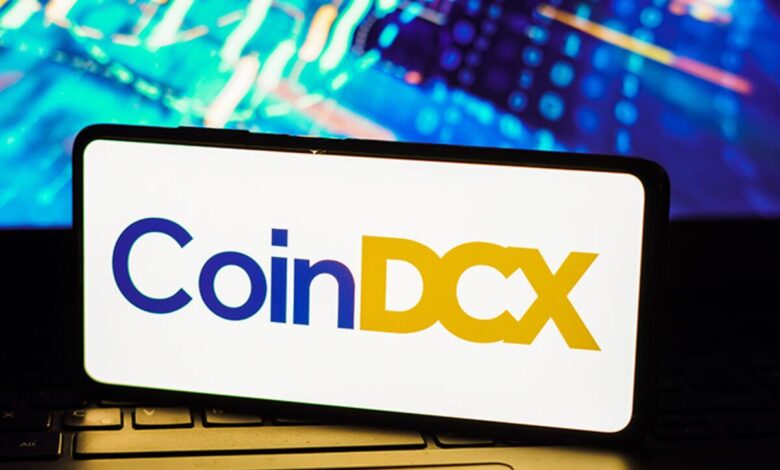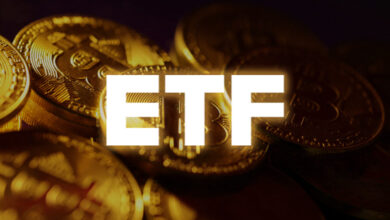India’s Crypto Tax Backfires: CoinDCX Calls for Reduction as Market Shifts Overseas

A tax imposed on digital-asset trading in India, which has significantly impacted the industry, is deemed counterproductive and should be reduced, as suggested by CoinDCX, a local exchange that had a valuation exceeding $2 billion before the tax was enforced.
Approximately 16 months ago, the nation introduced a 1% TDS tax on crypto transactions with the aim of monitoring transactions rather than generating revenue. However, India’s tax charge led to 95% of India’s trading volumes shifting to overseas platforms that are challenging for local authorities to oversee, according to Sumit Gupta, the CEO of CoinDCX.
Gupta emphasized in an interview that the original intention of the TDS was to track and trace transactions, but this objective has been undermined. He anticipates that the government will eventually reduce the tax as it comprehends the issue.
Consequently, the imposition of the tax prompted market makers to exit Indian exchanges due to increased costs, resulting in decreased liquidity and discouraging trading activities. Despite a resurgence in Bitcoin from the crypto downturn in 2022, local platforms remain in a state of uncertainty.
CoinDCX anticipates more regulatory clarity by the conclusion of 2025, following India’s general election in 2024, and has called for a globally coordinated approach to crypto regulations with the support of multilateral institutions.
The Finance Ministry spokesperson of India did not respond to inquiries regarding the country’s crypto tax policy, according to a Bloomberg report.
CoinDCX witnessed a decrease in revenues, which are now one-third of the levels seen prior to the tax modification. Compliance costs have risen after India applied anti-money laundering legislation to the crypto industry.
The company downsized its workforce by 12% in early 2023 and currently employs approximately 550 individuals. Despite the challenges, CoinDCX has a five-year financial runway, with operating revenue and sufficient funds in reserve.
While jurisdictions such as Hong Kong, Dubai, and the European Union have taken the lead in implementing crypto frameworks to safeguard investors and provide clarity for digital-asset companies, some of these companies are considering expansion outside of the US following regulatory crackdowns.
Although activity on India’s exchanges like CoinDCX has declined, data from Chainalysis suggests that the nation continues to adopt crypto through other channels, such as offshore trading or blockchain-based financial services like lending. India received crypto valued at about $250 billion in the year ending in June, the second-highest after the US.
To diversify revenue streams, CoinDCX and other Indian digital-asset exchanges are exploring opportunities abroad and branching out into different projects.
CoinDCX recently led a funding round in BitOasis, a crypto platform targeting countries such as the United Arab Emirates, Saudi Arabia, Bahrain, and Kuwait. Additionally, the company is developing a crypto wallet called Okto, which enables coin holders to engage more deeply in decentralized finance.
Gupta stated that Okto represents an area of growth the company is investing in as it aims to bring the vision of a decentralized internet, known as “web3,” to life.





